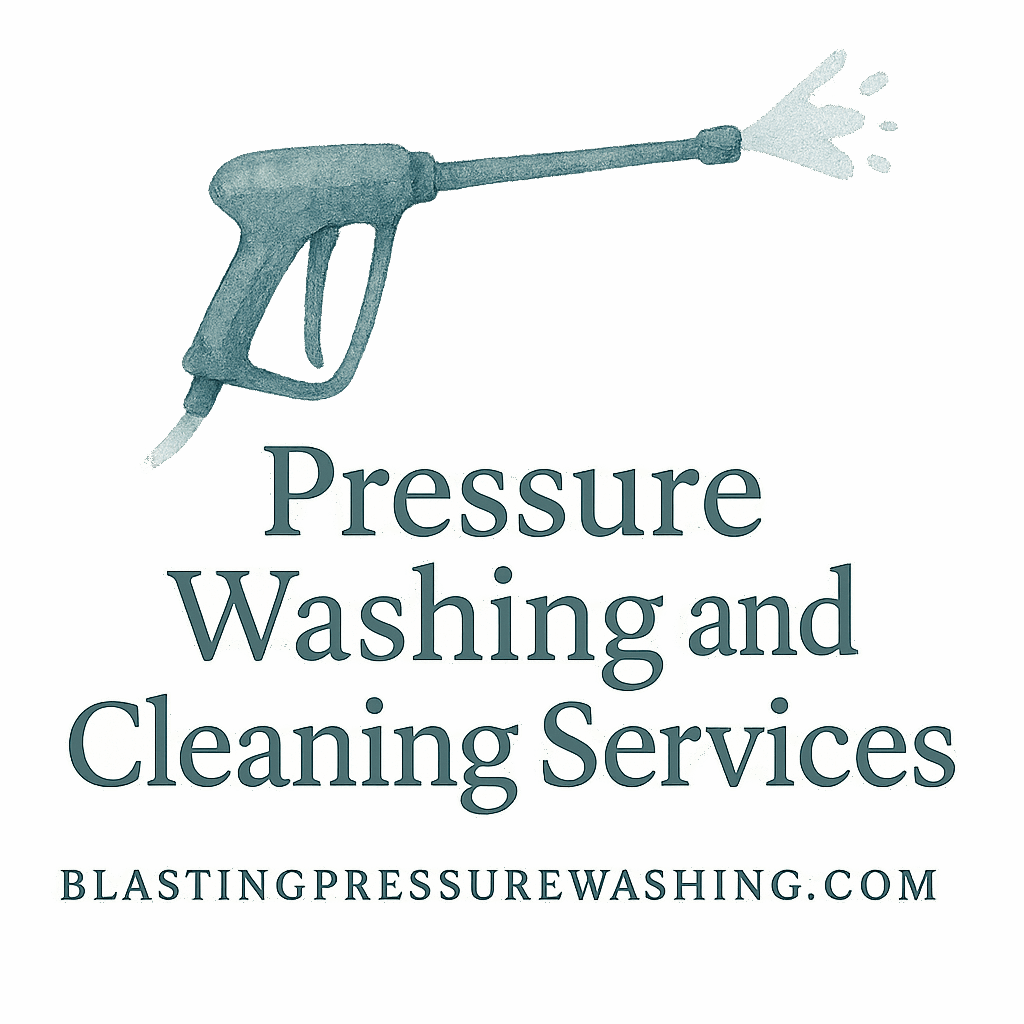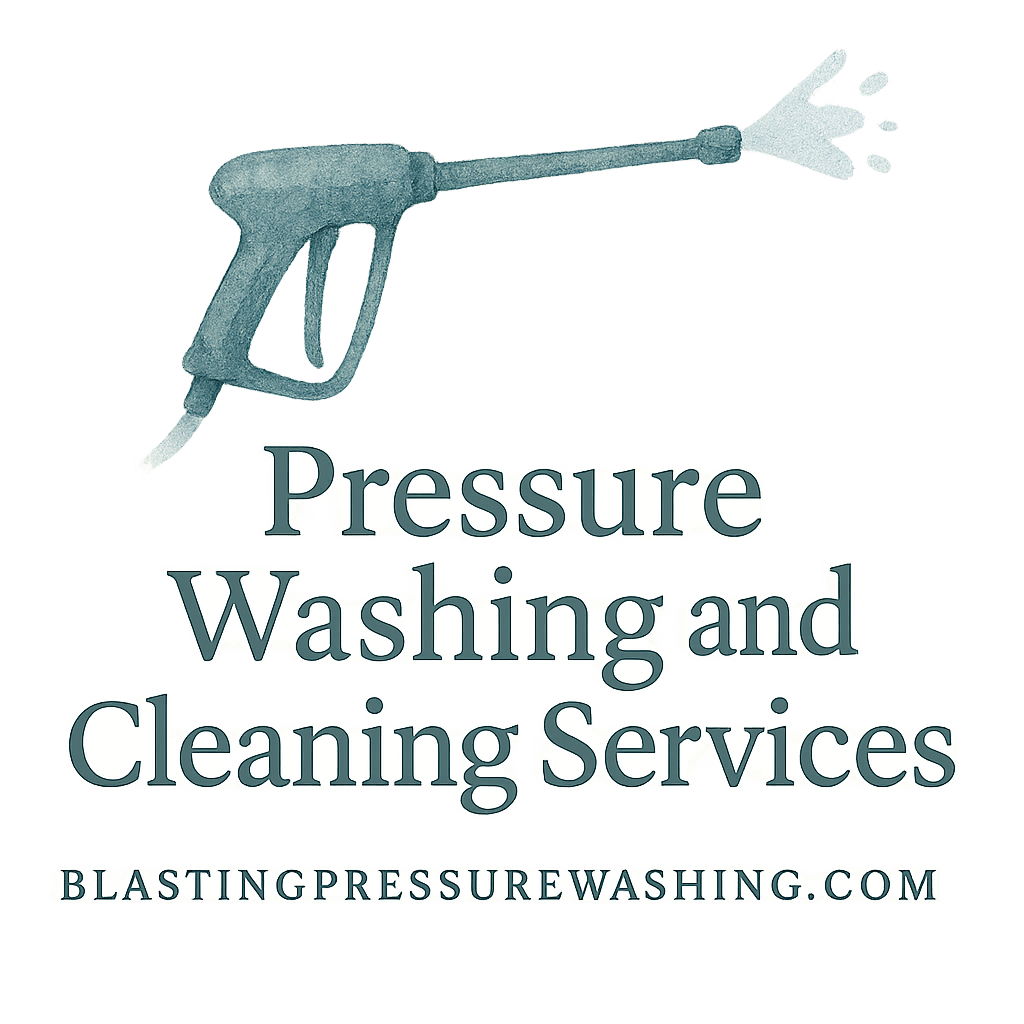Introduction
Got a massive commercial site that needs pressure washing but not sure where to start? You’re not alone. Scheduling pressure washing for large properties isn’t just about picking a random day—it’s about planning smart. From timing to coordination, there’s a lot that goes into doing it right.
In this article, we’ll cover 7 expert tips for scheduling pressure washing for large commercial sites. Whether you’re managing a corporate campus, a sprawling retail center, or a multi-building facility, these tips will help you keep your property spotless and safe—without disrupting business. Let’s dive in.
Why Pressure Washing Matters for Commercial Properties
First Impressions Matter
We all judge books by their covers—especially buildings. The cleanliness of your commercial property says a lot about your brand. Dirty exteriors, gum-stained walkways, and mildew-covered walls can turn off customers and even tenants.
Regular pressure washing, especially with help from professionals like Blasting Pressure Washing, keeps your site looking sharp and reputable.
Health and Safety Regulations
A buildup of algae, oil stains, or mold isn’t just ugly—it can be hazardous. Slippery walkways can lead to accidents, and mold can trigger health concerns. Commercial properties often need to meet strict health and safety codes, so don’t risk it.
Explore more on benefits & safety of pressure washing for deeper insight into this.
Protecting Property Value
Think of pressure washing like preventive maintenance. Removing grime, dirt, and pollutants protects your surfaces from deterioration. Over time, this preserves the structural integrity—and the value—of your investment.
Tip 1: Understand the Scope of Your Property
Evaluate Size and Structure
Start with a detailed walkthrough. Map out your property’s square footage, material types (like concrete, stucco, metal, etc.), and number of buildings. This info helps the pressure washing company prepare appropriately and quote accurately.
Identify High-Traffic and Problem Areas
Focus on spots that get the most action—entrances, parking lots, loading docks, and walkways. These areas often accumulate grime faster and need more frequent attention.
For targeted solutions, check out residential pressure washing—many methods cross over to commercial sites, especially for buildings with similar structures.
Tip 2: Choose the Right Time of Year
Seasonal Considerations
Not all seasons are created equal for pressure washing. Spring and fall tend to be the best times due to mild weather. Summer works too, but avoid extremely hot days as water can evaporate quickly and leave streaks.
Check out these seasonal pressure washing tips for a deeper look.
Climate and Environmental Impact
Local weather patterns matter. Rainy seasons might delay scheduling. Areas prone to dust storms, pollen, or salt air (like coastal regions) need more frequent cleaning.
Tip 3: Coordinate With Business Operations
Minimizing Disruptions to Staff and Clients
Nothing kills productivity like a power washer roaring outside an office window. Coordinate cleaning times around your team’s downtime—lunch hours, weekends, or after-hours work best.
Weekend and Off-Hour Scheduling
Many professional services offer flexible scheduling. Ask for weekend availability or early morning time slots to keep your operations running smoothly. Businesses tagged under commercial benefit most from this approach.
Tip 4: Hire Experienced Commercial Cleaners
Check Credentials and Insurance
Don’t hire just anyone with a pressure washer. Look for certified, insured companies that specialize in commercial cleaning. They understand large-scale logistics and have the equipment to match.
Explore vetted professionals via commercial pressure washing services.
Ask About Equipment and Eco-Friendly Methods
Today’s best contractors use advanced, sustainable techniques. Ask about water recovery systems, biodegradable cleaning agents, and low-impact methods. Learn more about eco-friendly and environmental pressure washing techniques.
Tip 5: Plan for Water Usage and Drainage
Local Regulations and Wastewater Control
Cities often regulate where wastewater can go, especially if it contains chemicals. Make sure your contractor understands and complies with local environmental rules.
Check out chemical and detergent-related tips to stay compliant.
On-Site Water Access and Drainage Prep
Ensure your property has accessible water sources and proper drainage. Block off nearby storm drains or prepare collection systems if needed.

Tip 6: Develop a Maintenance Schedule
One-Time vs. Recurring Cleaning
One-off cleans are fine for seasonal touch-ups, but recurring pressure washing plans keep your property consistently spotless. Consider monthly, quarterly, or bi-annual scheduling depending on traffic and weather exposure.
Long-Term Cost and Efficiency Benefits
Regular cleaning avoids costly repairs. Think of it like brushing your teeth—you wouldn’t wait until there’s a cavity, right?
Find more long-term value insights on benefits and property maintenance.
Tip 7: Communicate with Tenants or Stakeholders
Giving Advance Notice
Large sites often involve multiple parties—tenants, facility managers, and employees. Give them notice well in advance to avoid confusion or complaints.
Setting Expectations and Gaining Cooperation
Let everyone know which areas will be cleaned and when. Post signs, send emails, and use company communication channels. The smoother the collaboration, the better the results.
Conclusion
Scheduling pressure washing for a large commercial site doesn’t have to be overwhelming. With the right strategy and expert help, it becomes a seamless process that boosts curb appeal, preserves property value, and keeps your site safe and inviting.
Remember: know your property, plan smart, hire pros, and stay consistent. If you’re ready to take the next step, trust the experts at Blasting Pressure Washing to get the job done right—on time and on budget.
FAQs
1. How often should commercial properties be pressure washed?
It depends on traffic and climate, but typically every 3–6 months. High-traffic areas may need monthly cleanings.
2. Can pressure washing damage my commercial property?
Not if done by professionals. Experts know the correct pressure levels for each surface and use eco-friendly solutions to prevent harm.
3. What areas should I prioritize during pressure washing?
Entrances, sidewalks, parking lots, and building exteriors—basically, anywhere customers and clients interact with your site.
4. Is it necessary to close business during cleaning?
Not usually. Many contractors offer weekend or off-hour services to keep your business uninterrupted.
5. Are eco-friendly pressure washing methods effective?
Absolutely. Biodegradable detergents and modern equipment clean just as well—if not better—while protecting the environment.
6. What’s the best season for pressure washing a commercial site?
Spring and fall offer ideal temperatures and minimal weather disruptions. Summer works too, just avoid scorching days.
7. How do I find a reliable pressure washing company?
Look for licensed, insured companies with commercial experience. Start with trusted sources like Blasting Pressure Washing.


